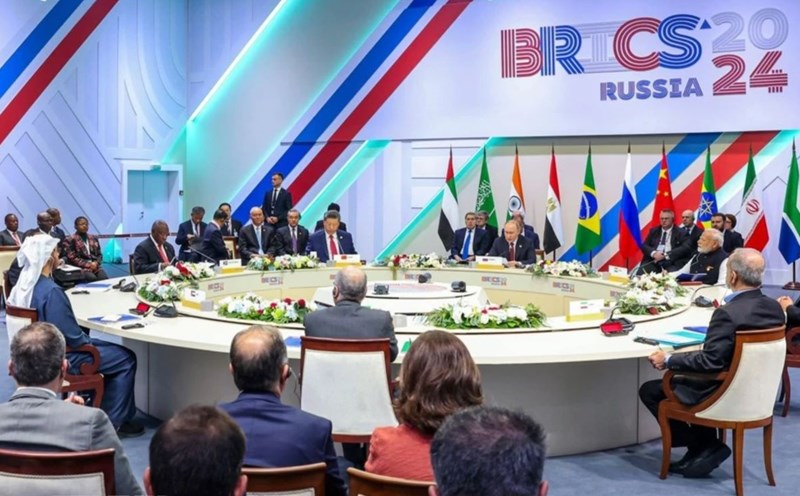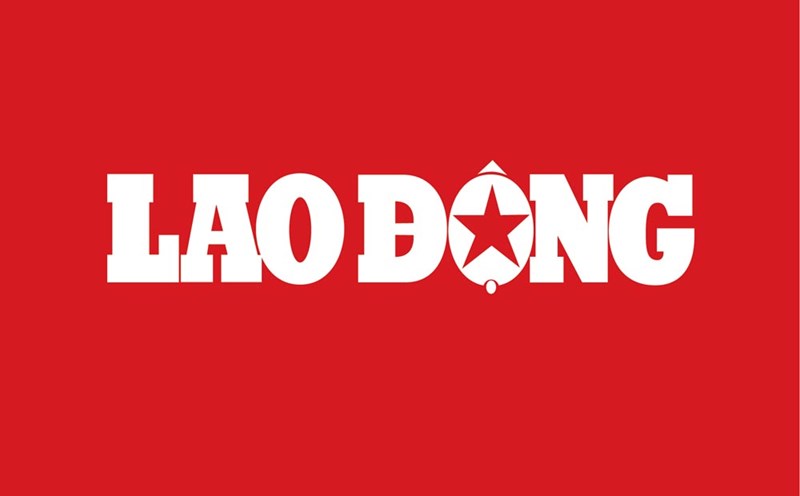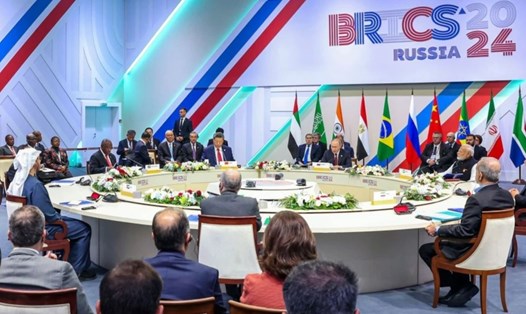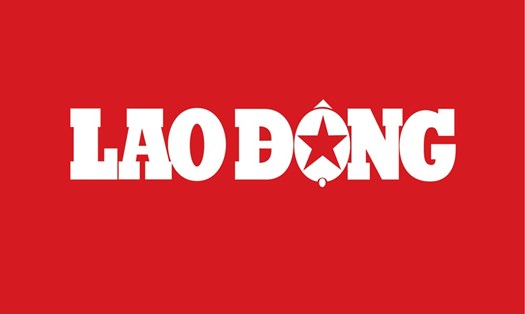Brazil will aim to build relations and not further escalate global tensions while holding the rotating presidency of the BRICS group of developing economies, AFP quoted Brazilian diplomat Eduardo Saboia as saying.
Ambassador Eduardo Saboia, a senior Brazilian government official in charge of the BRICS summit in Rio de Janeiro next July, has dismissed recent threats from incoming US President Donald Trump to impose 100% tariffs on BRICS countries if they weaken the dollar.
Mr Saboia said BRICS had no plans to replace the US dollar, but instead promote the use of local currencies.
"We want to increase trade between countries, increase investment and reduce transaction costs. There is a discussion about using local currencies in transactions, but not in an imposed way," he said.
"BRICS are countries that hold USD reserves. However, we need to diversify our options so that economic actors can decide and have the ability to make more transactions," the Brazilian diplomat added.
The BRICS bloc is increasingly becoming a counterweight to the West, but Mr Saboia insists BRICS members do not want this relationship to deteriorate.

"BRICS members are not against the West. On the contrary, after the 2008 crisis, major developed economies sought cooperation from BRICS countries in an effort to restart the global economy. In English, the word 'bricks' denotes a desire to build something, BRICS countries come to build, not to make the situation worse," he said.
Asked about Mr Trump not ruling out military intervention to gain control of the Panama Canal and Greenland, Mr Saboia declined to comment.
"We are not focused on other countries, other leaders. Our concern is cooperation and building a better world," he stressed.
“We have a lot to do together… cooperation in science and technology, finance, health and active participation in international forums, presenting the vision of the global South,” he said.
The BRICS bloc was founded in 2009 with founding members Brazil, Russia, India and China.
South Africa joined the following year, and in 2024 the bloc expanded with the entry of Iran, Egypt, Ethiopia and the United Arab Emirates (UAE).
Last week, Brazil announced the participation of Indonesia, the first ASEAN country to join BRICS.











